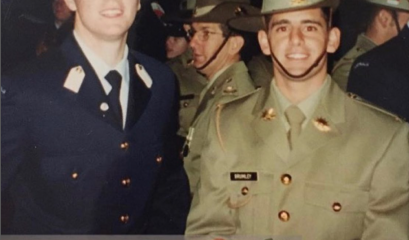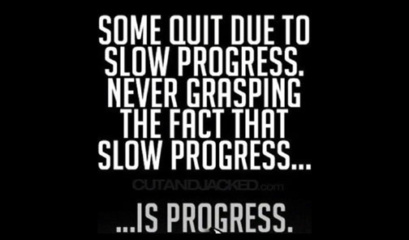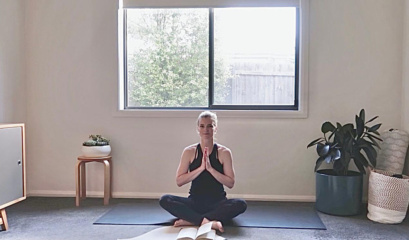Duntroon is Australia’s Army Officer training college and is where our GET commander, David Brumley started his career in leadership and in fitness.
Dave is renowned amongst the GET community for his military efficacy, his “in the trenches, never say die” attitude and his elite performance mindset when it comes to getting results both in and out of the gym.
In order to tap into some of his incredible qualities, we asked for Dave’s insight into how he believes his army training has positively impacted the way he approaches fitness, business and life in general. Here are his top 5 lessons…
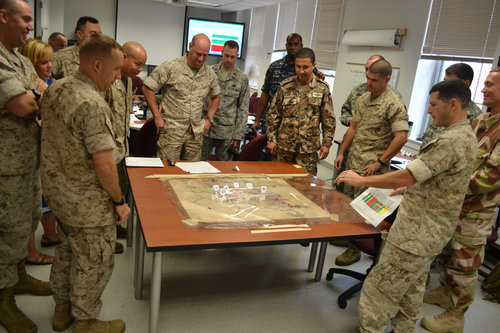
1. The importance of action planning
When planning field operations, we had to anticipate every possible scenario and devise “actions on” – i.e. orders that would take effect if that particular scenario were to eventuate. We spent endless strategising sessions breaking down the mission and its goals and pre-designing all of our decision making. This has taught me the importance of not leaving things to the whim of the moment when decision making may be impacted by external stressors & hurdles. You make the best decisions ahead of time and then all you have to do in the moment is follow your own orders. When you’re trying to stick to a healthy diet or exercise routine, eliminating that exhausting decision making process is key, which is why we have a weekly goal setting system.
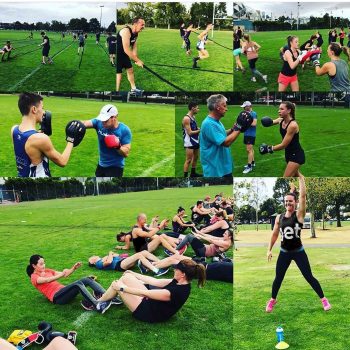
2. The power of the team
Simply put, training and executing your goals as a team brings out the best in you. Understanding your part to play is important – understanding what you give to the group as well as understanding and making the most of what you can draw from others. Pushing yourself and surrounding yourself with others who have similar goals but diverse skills helps you lift yourself to places you didn’t know you could go. This is what attracted me to group fitness when I left the Army and I firmly believe it is the best way to not only achieve your health and fitness goals, but surpass them. And when you feel like giving up, it’s usually that group that gets you over the line.
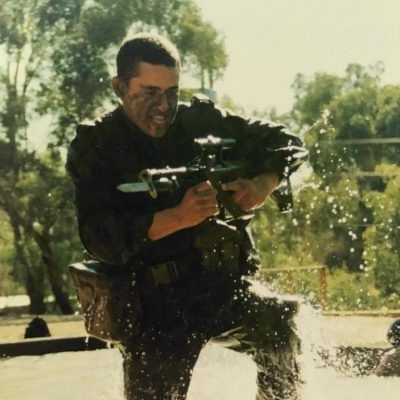
3. You've always got more than you think
I remember being in some pretty crazy scenarios – horrendous conditions where you are under stress, pack marching (which is essentially running if you’re a shorty like me!) for hours on end with 20kgs, deliriously cold, soaked to the bone, sleep deprived and physically exhausted to the point of tears. Just when you think you can not possibly go further, you can always take just one more step. And then another. And then another. It’s only ever one more step that you have to think about and find the strength for. And when you really need it, when it counts, you can always find that extra level you never knew you had. Once you’re at the point of giving up, you usually have at least another 50% to give.
4. High performance requires extreme organisation & attention to detail
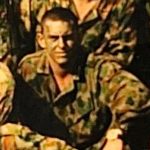
Every moment of my training at Duntroon (officer college) revolved around the significance of being a platoon commander with 30 men’s lives in your hands. In order to keep them alive, you had to set the standard that would flow down through the platoon. With huge stakes at hand, attention to detail was the biggest thing we were relentlessly smashed on – maintaining an officer standard of meticulous organisation (to the point where your mattress was thrown out the window if your hospital corner wasn’t exactly 45 degrees, to give you one example).
Whether it was servicing your weapons, keeping your kit in order, looking after your uniform, these things at first seemed stupid and pointless. However I soon came to appreciate that maintaining meticulous discipline with the little things isn’t just about having spotless boots – it’s a mindset of the highest performance for yourself and your team which means you stay consistent for longer.
Attention to detail in the Army is the difference between life and death, but as a civilian, I still see it as the difference between a mediocre performance versus the best that I can be. It taught me that if you’re going to achieve anything well and maintain high results for the long term, you simply can’t do things half-arsed. Even in the fitness game, whether it’s keeping your food diary or refining your weight lifting technique, the little things are what makes the difference between good and great results
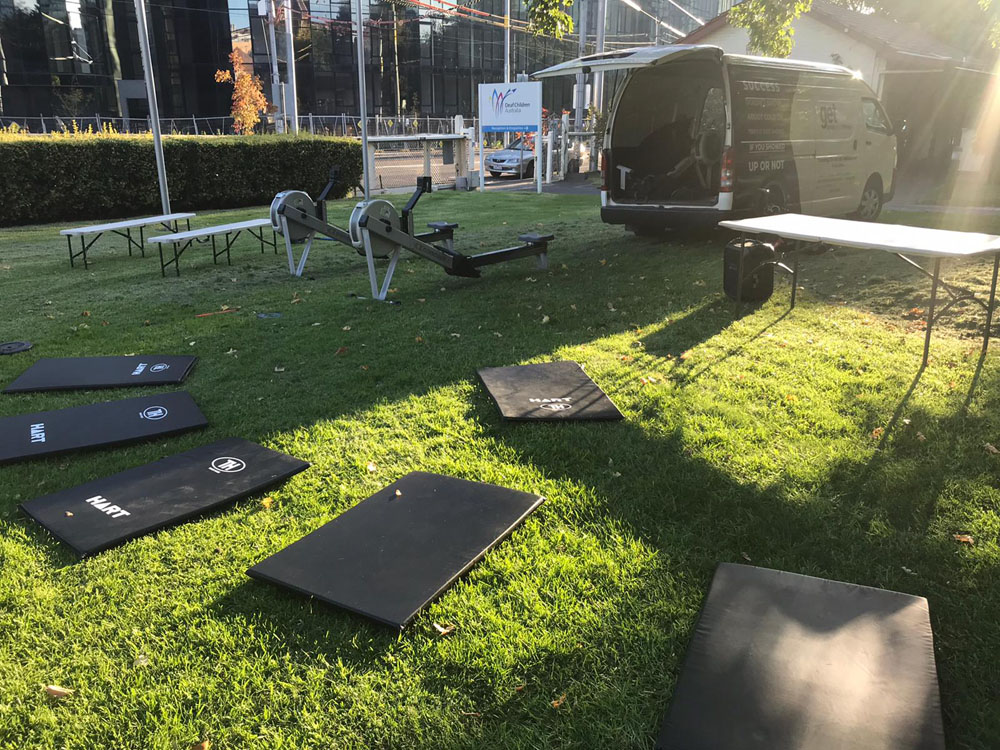
5. Morning routines are everything
A large percentage of the work we did was always really early. During war time you’d usually be attacking at first light so our Reveille (the first military formation for the day) was always at sunrise. Or depending on the mission, we could be out pack marching by 5am. For us, it was crucial to set a strict morning routine that provided consistency and allowed your body clock to get into a very good rhythm. It’s a routine that you come to trust and your body and mind gets used to – priming you mentally and physically for whatever challenges are to come.
Consistency is key with absolutely everything in life but when you see how much importance the military places on that morning routine in particular, you can understand what a huge impact it has on quality of function for the human body. I still to this day have a morning routine that starts at 4:30am and consists of a specific routine to get me firing. For me, the days where I do this vs the days I don’t are like living in two completely different bodies. One is focussed, energised, ahead of the game and resilient while the other feels like its operating in a fog, undisciplined, underwhelmed and always in defensive mode. For me the first hand experience of those two states couldn’t be stronger evidence of the power of that morning routine. This is why we advocate getting up for the 6am classes for all our clients.
Looking for a custom wellness plan?




